
Turgut Kerem TUNCEL
15.05.2015
Prof. Joseph B. Diescho is the executive director for the Namibia Institute of Public Administration and Management (NIPAM). He is an expert in strategic leadership, corporate and public relations, research and policy analysis, transformational issues and diversity management as well as African politics and constitutional democracy. He was one of the campaigners at the United Nations for the independence of Namibia.
On 13 May 2015, Prof. Diescho delivered a lecture on the early 20th century history of Namibia and the colonization by the German Empire to a selected audience at AVİM. He shared his thoughts on the genocidal mass killings perpetuated by Germany against the Herero and Nama peoples in Namibia in the early 20th century and the current debates in Namibia and Germany on the official recognition of those mass killings and prospective compensations.
This event hosted by AVİM is a very timely and consequential one given the recent statements of both Pope Francis and German President Joachim Gauck.
On 12 April 2015, at the Holy Mass for the commemoration of the 100th anniversary of the 1915 events in Vatican, Pope Francis said: “In the past century our human family has lived through three massive and unprecedented tragedies. The first, which is widely considered “the first genocide of the twentieth century”, struck your own Armenian people, the first Christian nation, as well as Catholic and Prthodox Syrians, Assyrians, Chaldeans and Greeks.” On April 23, German President Joachim Gauck addressed at the nondenominational religious service at Berlin Cathedral. In the service Gauck said: “the fate of the Armenians stands as examplary in the history of mass exterminations, ethnic cleansing, deportations and yes, genocide, which marked the 20th century in such a terrible way.”[1]
Both statements triggered the intense reaction of Turkey. The consequences of the statements of Pope Francis and President Gauck are yet to be seen.
Nevertheless, Turkey was not the only country where criticisms were raised out loudly. Much criticism came out from Namibia on the distortion of history and historical facts.
Germany colonized the present day Namibia in 1884 hat followed by the influx of the white settlers shrinking the living spaces of the native Namibian tribes and depriving themof the means of living. In 1903, fisrt the Nama and then the Herero tribes lebelled against the German colonialists. The response of Germany to the rebellion was a genocidal massacre of these tribes.
On 2 October 1904, the German commander General von Trotha issued the following proclamation:
All Hereros must leave this land... Any Herero found within the German borders with or without a gun, with or without cattle, will be shot. I shall no longer receive any women or children; I will drive them back to their people. I will shoot them. This is my decision for the Herero people.
I believe that the nation as such should be annihilated, or, if this was not possible by tactical measures, should be expelled from the country.
When news of massacres of the Nama and Herero peoples reached Germany, Kaiser Willhelm I refused to withdraw the extermination order.
Nama and Herero peoples were not massacres only by steel. German colonialists drove them to desert and poised the water wells in order to make sure that they died of thirst. Those who survived were herded into concentration camps for slave labor. Abhorrently, these people were also used for medical experiments. The result of the German genocidal policy was the extermination of about 50% of the Nama and 80% of the Herero populations.
In 2004, the then German Minister of Development Heidemarie Wieczorek-Zeul in a commemorative ceremony told what happened in Namibia was genocide and asked for pardon in the name of Germany. However, Germany never officially acknowledged its genocidal policy and refused to pay an official apology or compensations.
It would be a good exercise to deliberate whether Pope Francis and President Gauck speak from the heart or whether there are some other subtle dynamics going on behind the veils.
© 2009-2025 Center for Eurasian Studies (AVİM) All Rights Reserved
No comments yet.
-
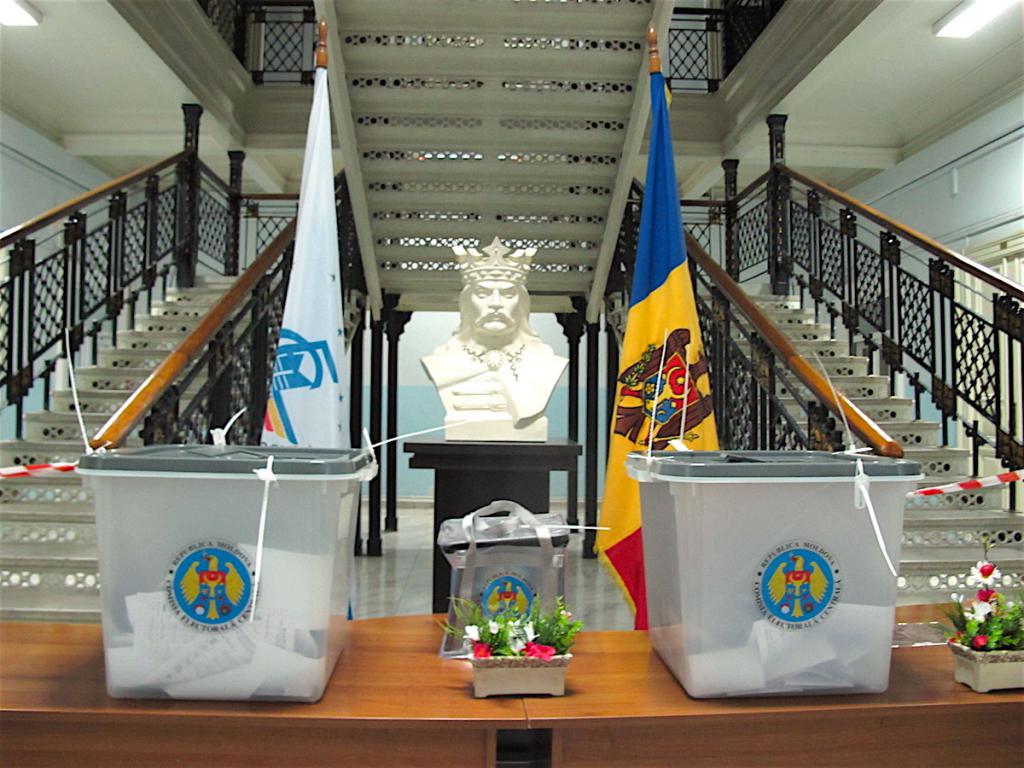 THE 2020 PRESIDENTIAL ELECTIONS IN MOLDOVA: A NEW POLITICAL CONTEXT IN THE POST-SOVIET SPACE?
THE 2020 PRESIDENTIAL ELECTIONS IN MOLDOVA: A NEW POLITICAL CONTEXT IN THE POST-SOVIET SPACE?
Turgut Kerem TUNCEL 02.12.2020 -
 A NEW FOREIGN INTELLIGENCE AGENCY IN ARMENIA
A NEW FOREIGN INTELLIGENCE AGENCY IN ARMENIA
Turgut Kerem TUNCEL 02.01.2023 -
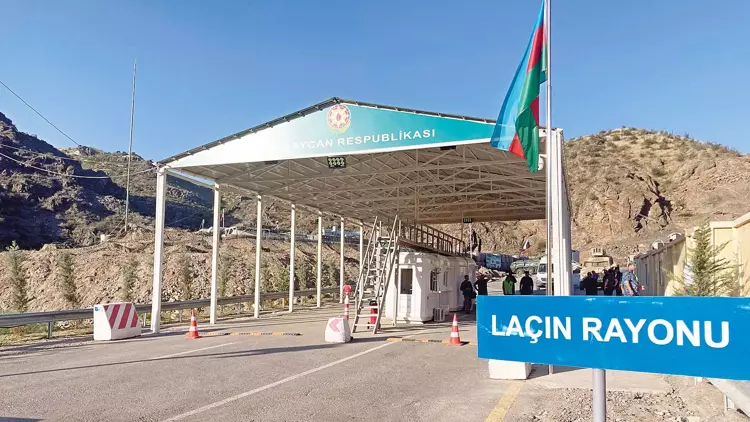 ARMENIA-AZERBAIJAN TENSION AND ITS CONTINGENCIES
ARMENIA-AZERBAIJAN TENSION AND ITS CONTINGENCIES
Turgut Kerem TUNCEL 19.09.2023 -
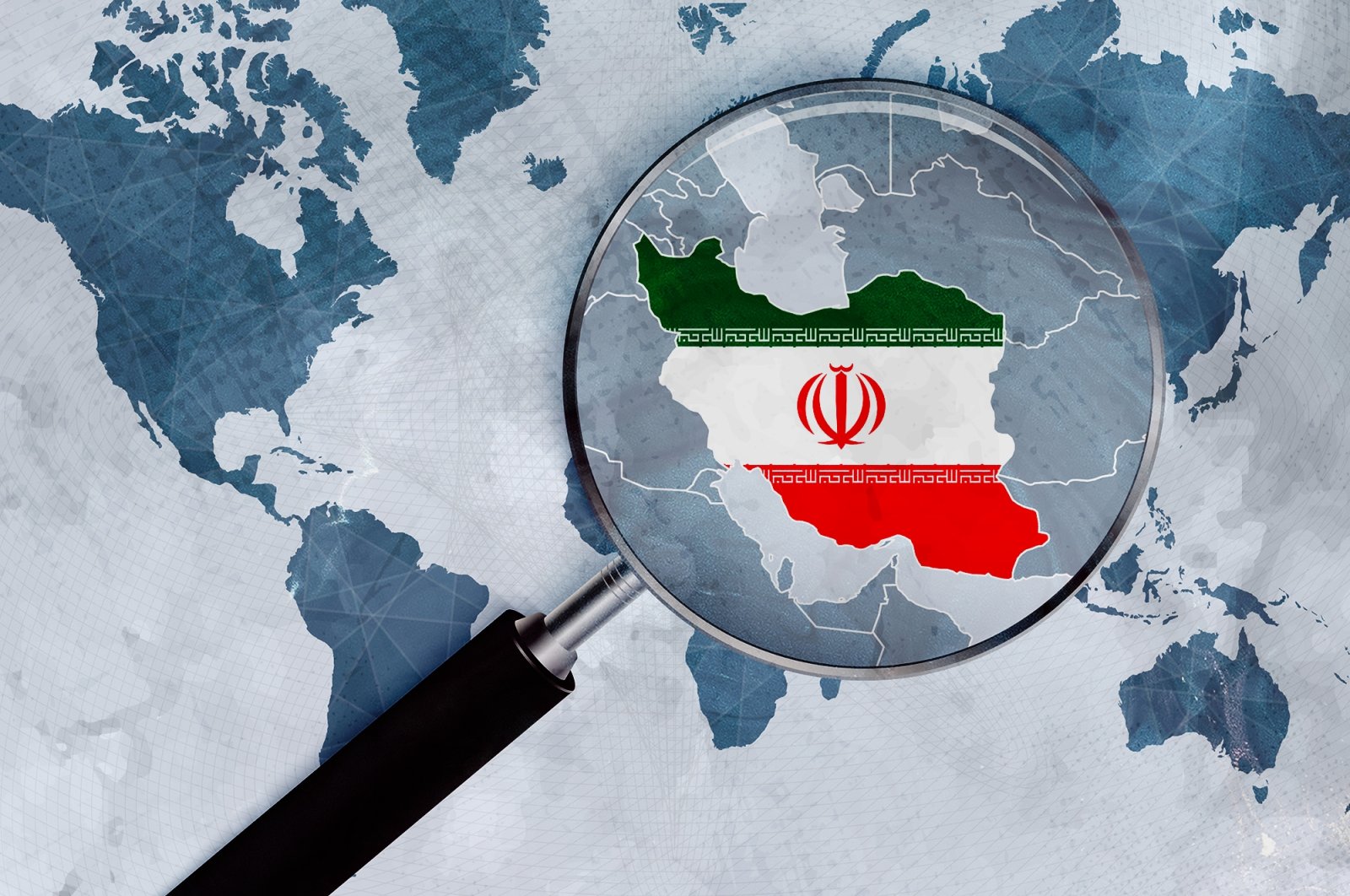 IRAN'S ACQUIESCENCE FOR RECONCILIATION AND THE SOUTH CAUCASUS
IRAN'S ACQUIESCENCE FOR RECONCILIATION AND THE SOUTH CAUCASUS
Turgut Kerem TUNCEL 16.03.2023 -
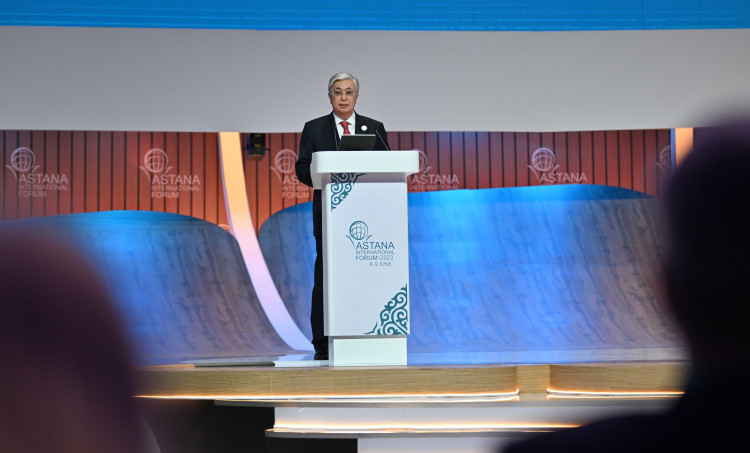 DISPLAYING THE ‘NEW KAZAKHSTAN’ IN THE GLOBAL POLITICAL SYSTEM: THE ASTANA INTERNATIONAL FORUM
DISPLAYING THE ‘NEW KAZAKHSTAN’ IN THE GLOBAL POLITICAL SYSTEM: THE ASTANA INTERNATIONAL FORUM
Turgut Kerem TUNCEL 13.06.2023
-
 CONTRADICTIONS REVEALED WITH THE DEBATES ON SREBRENICA IN THE UN
CONTRADICTIONS REVEALED WITH THE DEBATES ON SREBRENICA IN THE UN
Ali Murat TAŞKENT 12.07.2015 -
 AVİM ON THE ROAD TO THE FIFTEENTH ANNIVERSARY OF ITS FOUNDING
AVİM ON THE ROAD TO THE FIFTEENTH ANNIVERSARY OF ITS FOUNDING
Teoman Ertuğrul TULUN 12.01.2023 -
 THE AMERICANA DEBACLE: THE ARCHITECTS OF DENIAL
THE AMERICANA DEBACLE: THE ARCHITECTS OF DENIAL
AVİM 22.08.2017 -
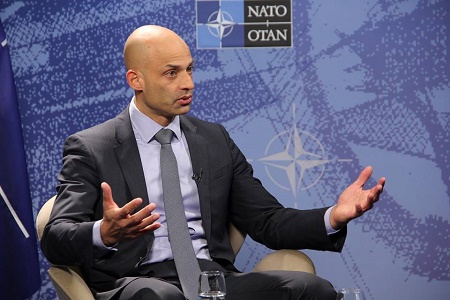 WHERE IS THE NOVELTY IN ARMENIA’S FOREIGN POLICY?
WHERE IS THE NOVELTY IN ARMENIA’S FOREIGN POLICY?
Tutku DİLAVER 11.04.2019 -
IS IT REALLY A SUCCESS?
Ömer Engin LÜTEM 05.03.2010
-
25.01.2016
THE ARMENIAN QUESTION - BASIC KNOWLEDGE AND DOCUMENTATION -
12.06.2024
THE TRUTH WILL OUT -
27.03.2023
RADİKAL ERMENİ UNSURLARCA GERÇEKLEŞTİRİLEN MEZALİMLER VE VANDALİZM -
17.03.2023
PATRIOTISM PERVERTED -
23.02.2023
MEN ARE LIKE THAT -
03.02.2023
BAKÜ-TİFLİS-CEYHAN BORU HATTININ YAŞANAN TARİHİ -
16.12.2022
INTERNATIONAL SCHOLARS ON THE EVENTS OF 1915 -
07.12.2022
FAKE PHOTOS AND THE ARMENIAN PROPAGANDA -
07.12.2022
ERMENİ PROPAGANDASI VE SAHTE RESİMLER -
01.01.2022
A Letter From Japan - Strategically Mum: The Silence of the Armenians -
01.01.2022
Japonya'dan Bir Mektup - Stratejik Suskunluk: Ermenilerin Sessizliği -
03.06.2020
Anastas Mikoyan: Confessions of an Armenian Bolshevik -
08.04.2020
Sovyet Sonrası Ukrayna’da Devlet, Toplum ve Siyaset - Değişen Dinamikler, Dönüşen Kimlikler -
12.06.2018
Ermeni Sorunuyla İlgili İngiliz Belgeleri (1912-1923) - British Documents on Armenian Question (1912-1923) -
02.12.2016
Turkish-Russian Academics: A Historical Study on the Caucasus -
01.07.2016
Gürcistan'daki Müslüman Topluluklar: Azınlık Hakları, Kimlik, Siyaset -
10.03.2016
Armenian Diaspora: Diaspora, State and the Imagination of the Republic of Armenia -
24.01.2016
ERMENİ SORUNU - TEMEL BİLGİ VE BELGELER (2. BASKI)
-
AVİM Conference Hall 24.01.2023
CONFERENCE TITLED “HUNGARY’S PERSPECTIVES ON THE TURKIC WORLD"









